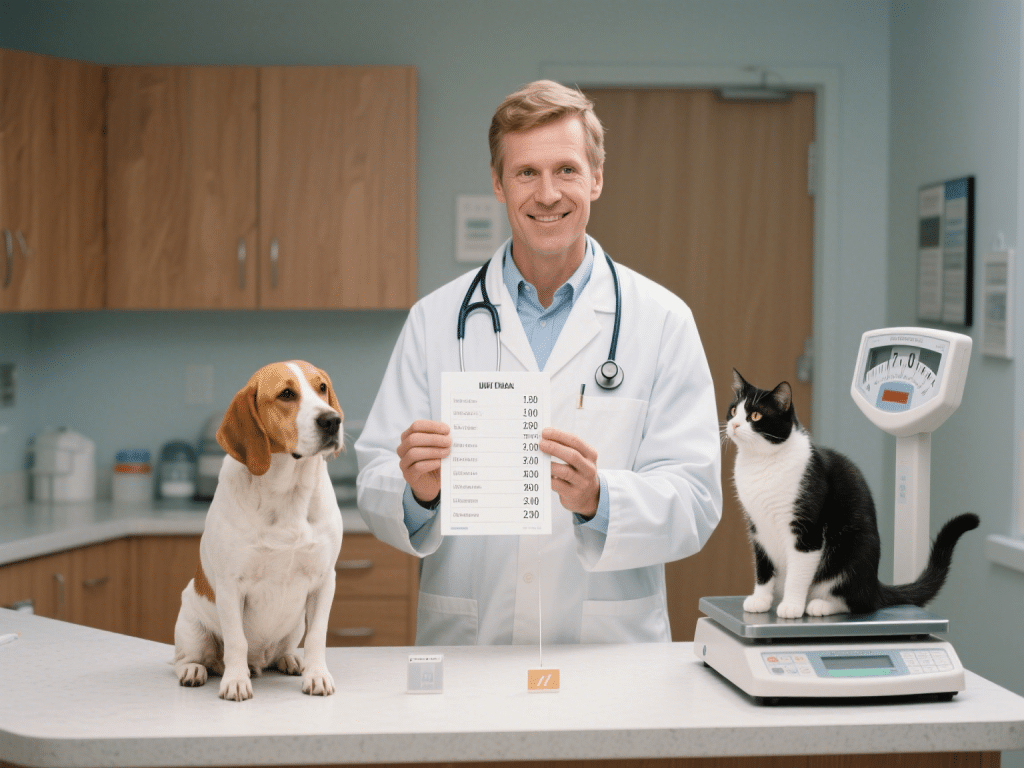
Obesity affects nearly 60% of domestic pets today, leading to arthritis, diabetes, and reduced lifespan. As a veterinary nutritionist with two decades of clinical and research experience, I’ll outline science-backed strategies to help your dog or cat achieve a healthy weight and improve quality of life.
1. Calculate Resting Energy Requirement (RER)
Formula: RER (kcal/day) = 70 × (ideal weight in kg)^0.75.
Adjust for Weight Loss: Feed at 80% of RER to achieve gradual, sustainable loss—aim for 1–2% of body weight per week.
2. Choose High-Protein, Low-Carb Diets
Rationale: Protein preserves lean muscle mass during calorie restriction.
Diet Options: Veterinary prescription formulas or home-cooked meals balanced under professional guidance.
Micronutrient Balance: Ensure sufficient calcium, phosphorus, and vitamins; consult a veterinary nutritionist to prevent deficiencies.
3. Portion Control & Meal Frequency
4. Increase Physical Activity
Dogs: Daily brisk walks—start with 10 minutes and add 5 minutes weekly. Interactive fetch or underwater treadmill therapy for low-impact exercise.
Cats: Laser-pointer sessions, vertical climbing towers, and food puzzles to boost movement indoors.
5. Behavior Modification
Treat Management: Swap calorie-dense treats for carrot sticks or freeze-dried lean protein. Keep a treat log to track non-meal calories.
Food Puzzle Toys: Slow feeding and mental engagement reduce gulping and boredom-eating.
Regularly monitor weight on a calibrated scale and body condition score; adjust calories monthly. Collaborate with your veterinarian for bloodwork and health checks throughout the program. With a science-driven, multifaceted approach, you’ll support safe, effective weight loss—and help your pet live a longer, healthier life.